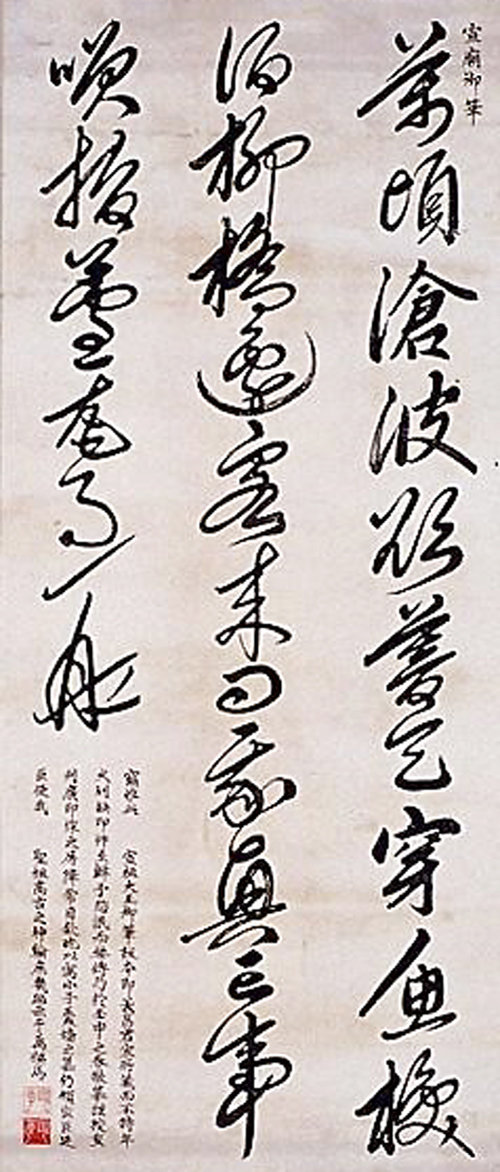Competent but narrow-minded King Seonjo
Competent but narrow-minded King Seonjo
Posted July. 20, 2018 07:50,
Updated July. 20, 2018 07:50

King Seonjo of the Joseon Dynasty is remembered as a monarch who failed to foresee Japan’s invasion in 1492, fled from the capital city of his kingdom and deserted his people during the war, and failed to restore the country after the catastrophic conflict. Even in history dramas or movies, the king is generally depicted as an incompetent monarch who remained confused amid the war and partisan political feuds. However, he was called a prodigy as a child and is said to have been a learned man who always kept books close to him even during the war, while proficient in painting and calligraphy.
King Seonjo had rapid brush strokes when he wrote, indicating that he was smart and quick in judgment. His even and orderly handwritings also suggest that he was logical and simple in personality. His long and clearly finished vertical lines indicate that he was a strong-willed person and was competent in his work performance. The narrow spaces between the characters in his calligraphy are indicative of his strong self-judgment, self-consciousness and self-expression. It can be said that some of the outstanding brains in his time, such as Yi I (pen name Yulgok) and Yi Hwang, were overwhelmed by him.
Nevertheless, the king probably had serious flaws in his leadership. His neatly squared handwritings suggest that he was a conservative man who considered rules very important. One of the most salient characteristics of his calligraphy is that the characters in his handwritings had extremely narrow spaces among them. Very few people have such a handwriting style. Graphologists regard such persons as confined in their own world, narrow-minded, and unwilling to listen to others. Such people are not even fit for leading a small company. But he was in charge of a country in the middle of a national crisis. Problems were bound to happen. There is no assumption in history, but Joseon would have been better off if he had been a vassal, rather than a lord.







